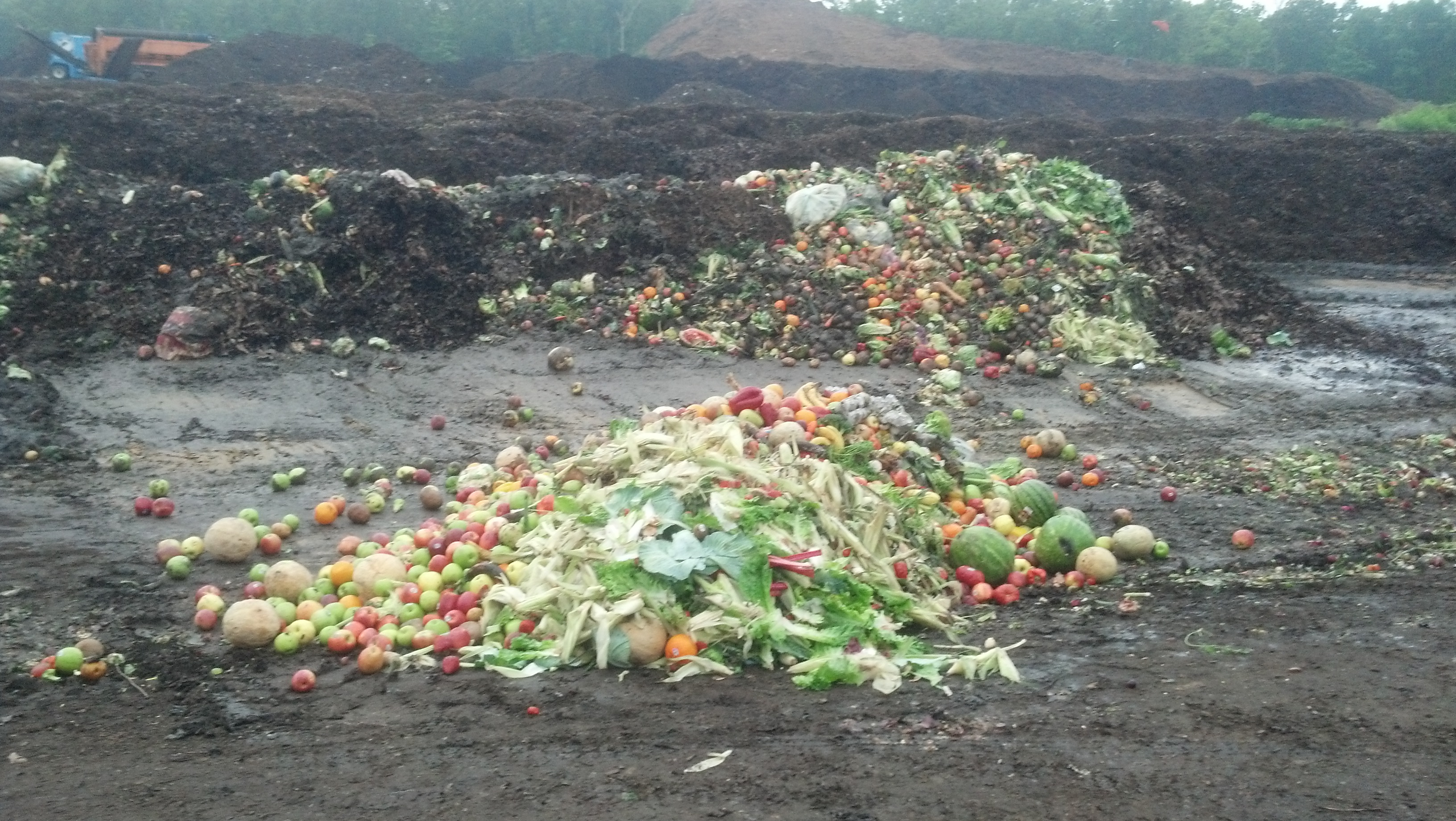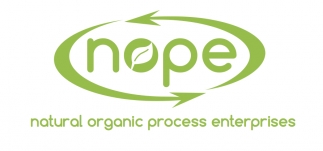

Natural Organic Process Enterprises

Virginia, United States
May 2014
Other land transport
Service with Significant Environmental Footprint
United States
Formed in 2009 Natural Organic Process Enterprises (NOPE) has established itself within a niche of the recycling industry. They aspire to promote composting in an effective and educational way to engage their local communities to be more sustainable. They feel that food scraps and the other organic components to the waste stream should be considered a natural resource that can be conserved through composting. A key component to their business model has been to “close the loop” through their Compost Credit Program. NOPE is a proud member of the US & Virginia Compost Council. They have spent years developing Best Managed Practices (BMP’s) through research as well as trial and error. NOPE prides itself as being local, responsive, & engaged with their partners. Their partners include large institutions as well as small sustainable minded local businesses. They believe that that the myriad of small environmental benefits of composting add up to significant environmental & social benefits. Through their Compost Credit program they have functionally closed the loop of organic recycling or composting as it is more commonly known. They have returned premium compost for use in school & local community gardens in their service area.
Overall B Impact Score
Governance 16.5
Governance evaluates a company's overall mission, engagement around its social/environmental impact, ethics, and transparency. This section also evaluates the ability of a company to protect their mission and formally consider stakeholders in decision making through their corporate structure (e.g. benefit corporation) or corporate governing documents.
What is this? A company with an Impact Business Model is intentionally designed to create a specific positive outcome for one of its stakeholders - such as workers, community, environment, or customers.
Workers 13.6
Workers evaluates a company’s contributions to its employees’ financial security, health & safety, wellness, career development, and engagement & satisfaction. In addition, this section recognizes business models designed to benefit workers, such as companies that are at least 40% owned by non-executive employees and those that have workforce development programs to support individuals with barriers to employment.
Community 20.2
Community evaluates a company’s engagement with and impact on the communities in which it operates, hires from, and sources from. Topics include diversity, equity & inclusion, economic impact, civic engagement, charitable giving, and supply chain management. In addition, this section recognizes business models that are designed to address specific community-oriented problems, such as poverty alleviation through fair trade sourcing or distribution via microenterprises, producer cooperative models, locally focused economic development, and formal charitable giving commitments.
Environment 44.3
Environment evaluates a company’s overall environmental management practices as well as its impact on the air, climate, water, land, and biodiversity. This includes the direct impact of a company’s operations and, when applicable its supply chain and distribution channels. This section also recognizes companies with environmentally innovative production processes and those that sell products or services that have a positive environmental impact. Some examples might include products and services that create renewable energy, reduce consumption or waste, conserve land or wildlife, provide less toxic alternatives to the market, or educate people about environmental problems.
What is this? A company with an Impact Business Model is intentionally designed to create a specific positive outcome for one of its stakeholders - such as workers, community, environment, or customers.
Customers 0.5
Customers evaluates a company’s stewardship of its customers through the quality of its products and services, ethical marketing, data privacy and security, and feedback channels. In addition, this section recognizes products or services that are designed to address a particular social problem for or through its customers, such as health or educational products, arts & media products, serving underserved customers/clients, and services that improve the social impact of other businesses or organizations.